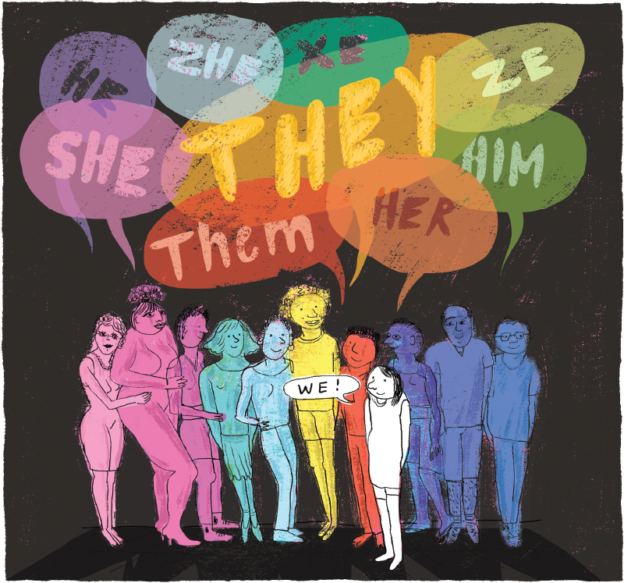When I read the excerpt “Beyond the Gender Binary” by Alok Vaid-Menon, it reminded me of a Disney movie called “The Greatest Showman.” This movie tells a story about the uprising of a man name P.T Barnum who’s basically lived in poverty his whole life, especially when he got older and had his own family. Yet, even though his family was happy, he always craved more. He first opens a museum, but it does not work out, turning it into a circus filled with “freaked” performers—one of these performer’s names is Lettie Lutz, the bearded lady. She is one of many characters in the film that portrays a voice about her rejection and being shunned by society. According to Alok, “It’s almost as if they move their definitions precisely to exclude us. We are both too much and never enough. We are always made out to be the problem. But maybe we aren’t the problem; maybe the whole gender system.” (Alok, 26-27) It brings light to the idea of abnormalities or even our sense of creativity that is never rewarded that makes us feel ashamed but must be embraced because the system of conformity will never reward it.
The snapshot that I am responding to is Genawang’s post. Gender is only separated into two categories, boy and girl. This is where the true problem lies because it is either one or the other. From the moment someone is born, and the gender is identified, there is already a division of what clothes they should wear, room decorations, and toys they should play with. It’s never a neutral movement where we let children and even adults explore and adapt to these different areas of genders. As you get older and become an adult, things would be easier, but they aren’t. It is harder because our jobs define how powerful we are, the way we dress, hobbies, and even the sports we play define our femininity and masculinity. It continues to push this idea of authority and what’s wrong with us. When people see things out of their comfort zone or even things they would normally see in their bubble or society, they pinpoint the negative and not the positive. It is lit up by fear that comes from the awareness of people’s decisions and flexibility to create diverse areas in gender.
When I was growing up, my mom and I always had a rough relationship because I wasn’t girly enough for her. I was one of these girls that liked to dress up with sneakers. You could always find me with a nice blouse and sneakers. Even when I did dress up in a dress or even a skirt, I wasn’t allowed to be myself because I wasn’t sitting ladylike or it wasn’t appropriate to play with boys my age. There was always a comparison between my cousin and me because she was very feminine compared to me. It was easier for her to get love and support from my mother than it was for me because I was a tomboy sometimes.
